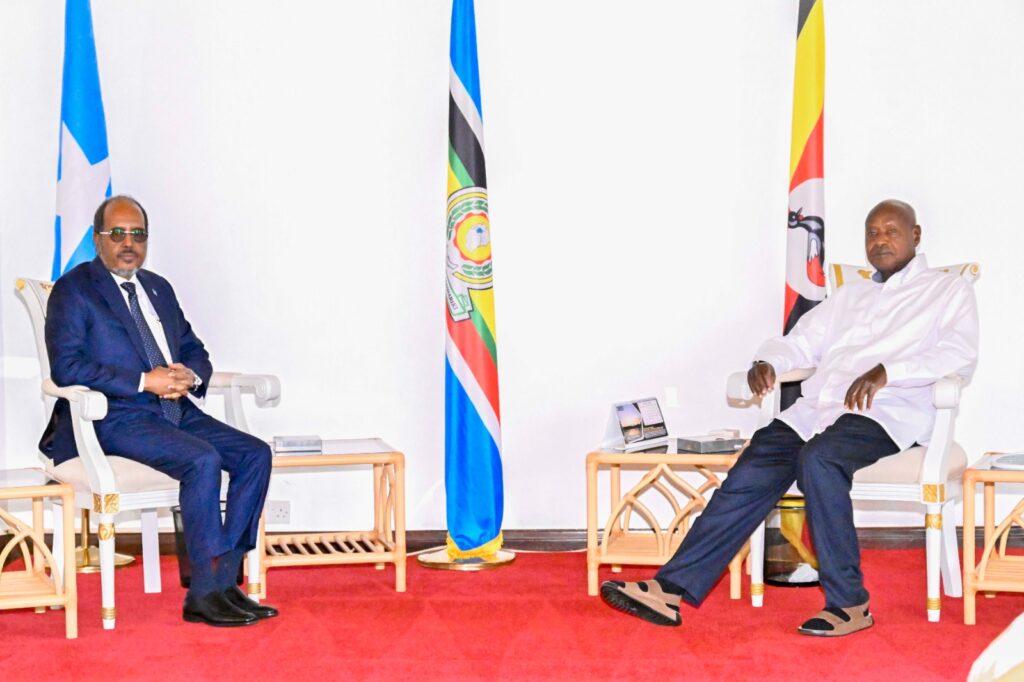Government Conducts Skills Assessment in Schools

The government, through the Directorate of Industrial Training (DIT), is conducting an assessment of the new lower secondary curriculum before the final Uganda Certificate of Examinations (UCE) are conducted According to Mr. Patrick Byakatonda, executive director of Industrial training.

Prior to the final Uganda Certificate of Examinations (UCE), the government is evaluating the new lower secondary curriculum through the Directorate of Industrial Training (DIT).
According to Mr. Patrick Byakatonda, executive director of DIT, schools are not required to register, but the DIT evaluation will assist them in assessing their students’ proficiency before to final exams.
Speaking to the media during the last assessment of the vocational skilling across the country in Kampala on 3rd January 5th , 2024 the DIT executive director, Mr. Patrick Byakatonda, said although it is not compulsory for school to register, the DIT assessment will help the schools to evaluate their level of competence before the final examinations.
“The DIT assessment not only helps to evaluate students but also provides international certifications for the students, which contributes to their qualifications after the Ordinary Level,” he said.
The certificates Mr. Byakatonda added that after acquiring the DIT certification, those who are not interested in joining higher levels, will be able to apply for jobs on the national and international market.
“The DIT certification competes both in the country’s education system and in the informal sector because even those who did not go to school can be assessed and get certified,” he said.

The deputy director in charge of assessment and certification at DIT, Mr. Michael Okumu, revealed that despite not having all the secondary schools on the list for vocational skilling assessment, the institution has already exceeded the target of students to be assessed both in formal and the informal sector for 2023/2024 financial year.
“The target was 119,960 students but in half a year, we have already assessed 119,000, a number which exceeds the half-year target. We expect to have 200,000 students by next year,” Mr. Okumu said.
Mr. Okumu added that the assessment is done from different vocational institutions, including informal and formal sectors, Jua kali, industrial hubs and presidential initiatives.
This year, students who started their secondary level with the new curriculum are expected to sit for their UCE examinations where the new subjects under competency-based curriculum will be assessed in their first-ever final examination.
Last year, the Uganda National Examination Board (UNEB) executive secretary, Mr. Dan Odongo, said the board conducted a countrywide pretest exercise and embarked on preparing for the final assessment.
The pretest was conducted in 220 schools, where 6,000 students were examined to test their competence based on the new lower secondary curriculum.
The government rolled out the new lower secondary education curriculum in February 2020, with the aim of meeting the learners’ needs, especially in regard to skills training and enhancement.
The National Curriculum Development Centre made adjustments in the teaching subjects for the lower secondary, where teaching subjects were reduced from 43 to 21.
In the current new curriculum, schools teach 12 subjects at Senior One and Two, out of which 11 are compulsory and one optional. UCE candidates for this year will exit with a minimum of eight or a maximum of nine subjects, with seven of them compulsory.







